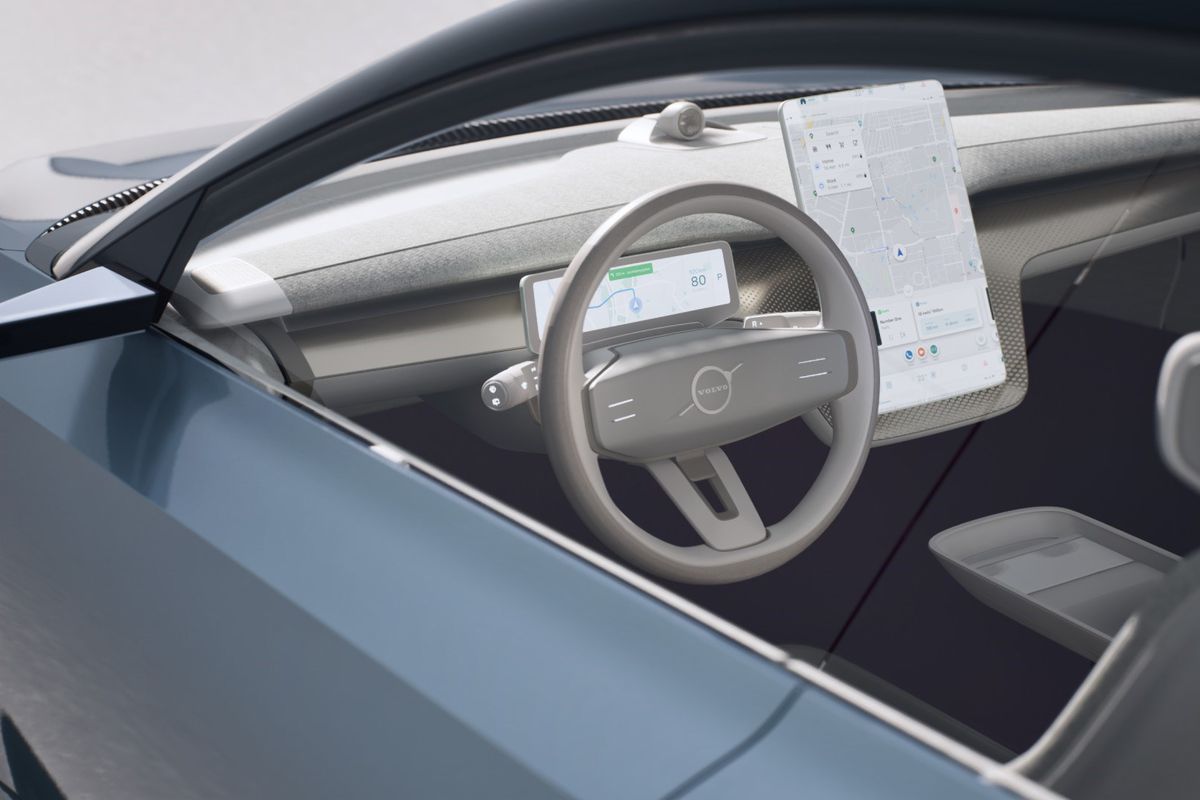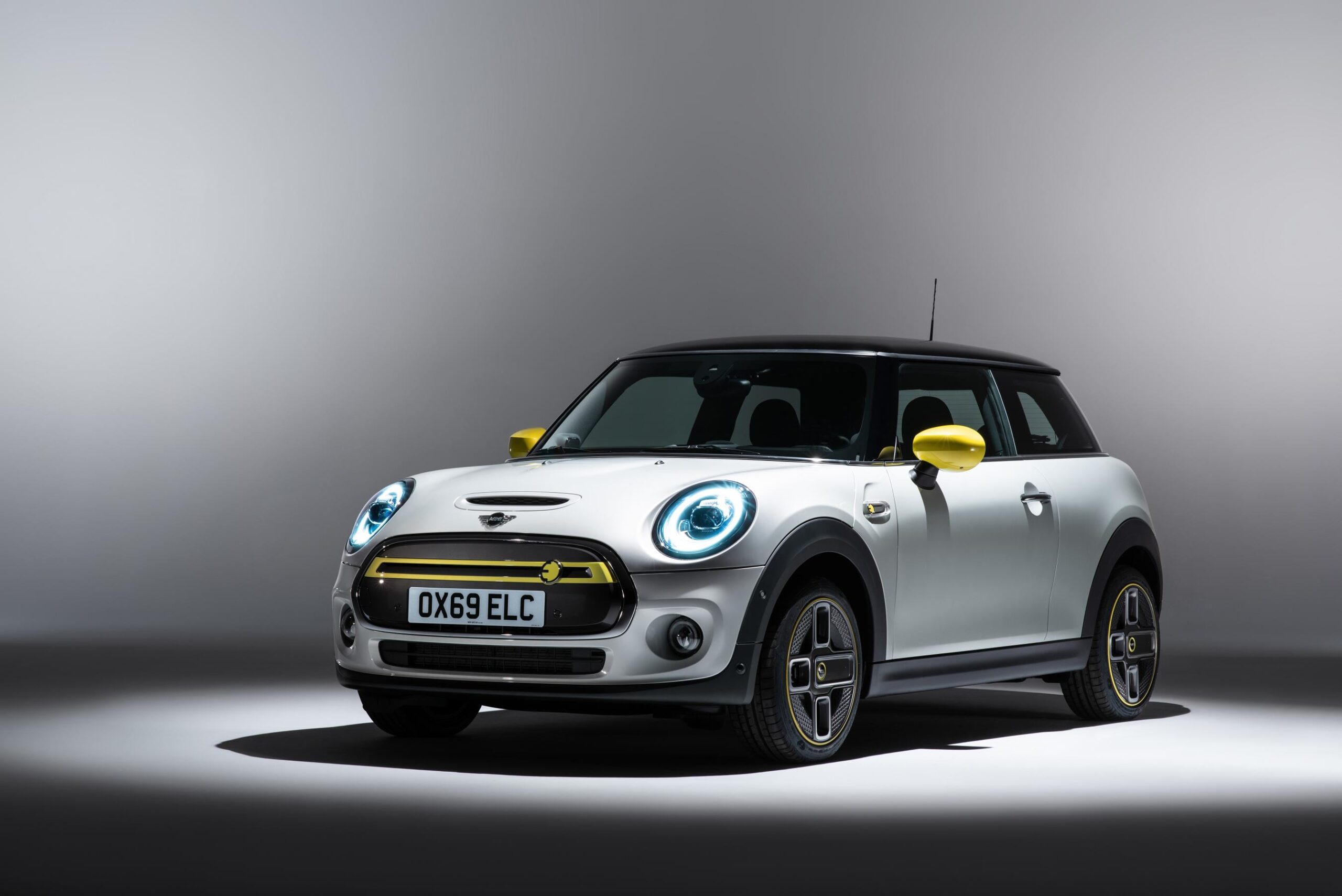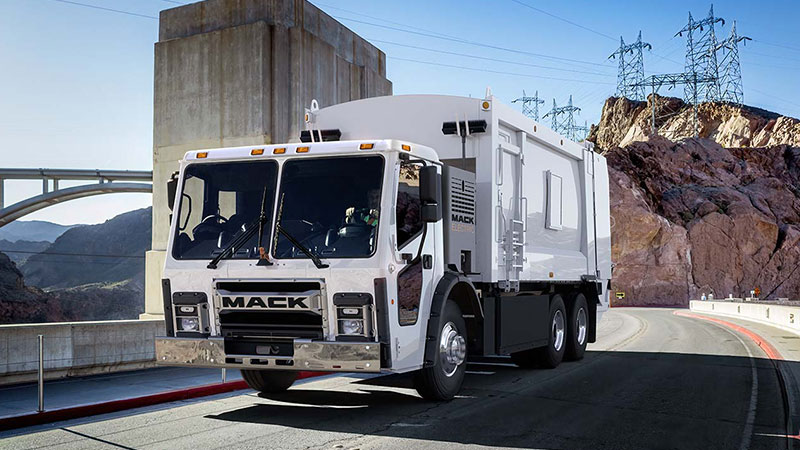Swedish automaker Volvo has confirmed its new plan to modernize its electric vehicles with photorealistic visualization features.
Utilizing the sophistication of the Unreal Engine 3D graphics made by Epic Games, Volvo plans to bring this new feature into the production of the next generation of electric vehicles.
Reporting from The Verge, with the photorealistic visualization feature, users will be able to interact with the interface with their vehicle’s software.
See also: Starting with all 2023 models, Volvo will only sell electrified models in the USA
“This technology gives us the ability to create responsive, very high-quality visuals that we can play with and overlay information, creating realistic representations when needed, all that sort of thing,” said Thomas Stovicek, head of user experience at Volvo Cars.
By embedding the photorealistic visualization feature, Volvo vehicles can provide information about navigation, car battery power, as well as various information such as light, color, and motion graphics. Uniquely, this information will be displayed with 3D graphic images.
Not only that, with the help of Epic Game, Volvo will also equip its electric vehicles with various external sensors that can track vehicles such as cameras, radar, and lidar technology.
See also: What we know so far about Volvo XC40 Recharge
“With new hardware coming into the car, it’s getting really exciting to see the car as an additional platform that we have to acknowledge,” said Heiko Wenczel, head of the Detroit Epic Games lab.
In addition to building a photorealistic visualization feature, recently Volvo is reportedly developing a semi-autonomous system called VolvoCars.OS.
Volvo’s modernization of vehicles is in line with the company’s ambition to sell 600,000 EVs by the middle of this decade.
See also: Volvo invests in StoreDot for superfast battery charging technology
Although both Volvo and Epic are still reluctant to say which vehicles will feature the Unreal Engine and VolvoCars.OS features, customers hope that these features can be disseminated to various EVs made by Volvo.







